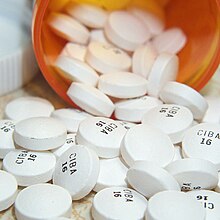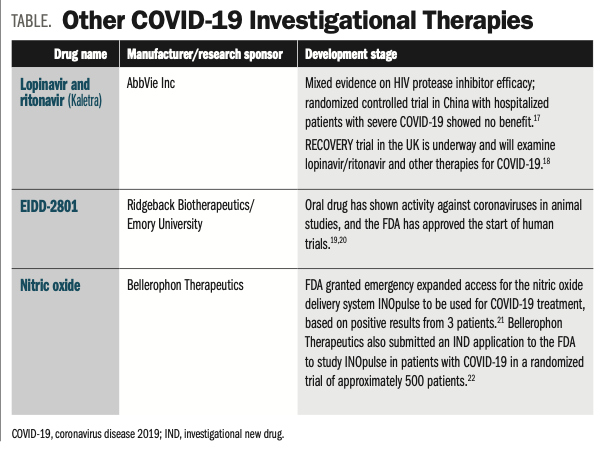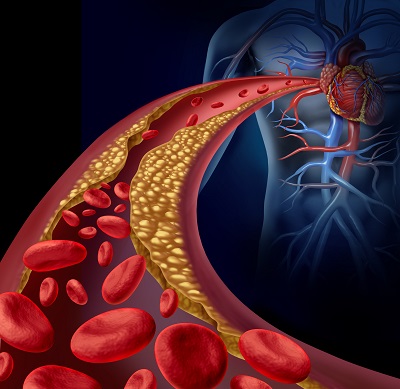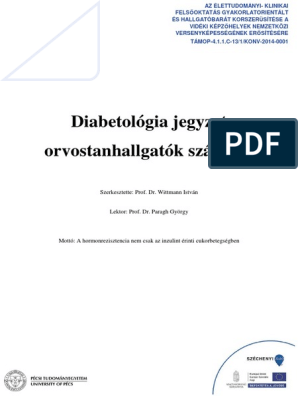New drug treatment drugs

Clinical trials What is a clinical trial? Clinical trials help researchers test the safety and effectiveness of new treatments and compare them with current ones.
It's time to take drug trial participation seriously
Clinical trials rely on the participation of volunteers. Some studies will recruit volunteers with no health conditions, and others will need people who have the condition that the drug aims to treat.

Each trial will have its own set of criteria for participating. This may include location, age, gender, length new drug treatment drugs time since diagnosis, severity of reaction to gluten and other medical conditions.
What research happens before a clinical trial? The first stage of drug development is to understand the disease process and identify a target.
It can take years of laboratory work to produce a potential drug that can be tested in humans. Sometimes a drug that has already been licensed for one disease is tested for any benefits and any side effects in another disease.
Clinical trials
Phases of a clinical trial For new treatments to be approved and licensed for medical use, they must go through a series of phases: Phase I: The treatment is trialled for the first time on a small group of healthy volunteers to check for side effects and find a safe dosage.
Phase II: The treatment is tested on a larger group of people who have the condition the treatment is targeting. It is usually compared against a placebo non treatment.
Phase III: This phase assess how effective the new treatment is and how it compares to existing treatments.
The emergence of new drugs for IBS-D has been slow and there is a need for new treatments, including drug-free treatments, which are easy to use and suitable for different patient groups. Currently available drug-free treatments include Enterosgel®, an intestinal adsorbent approved for use in IBS-D and acute diarrhoea and available over-the-counter in the UK and 30 countries worldwide. The aim of this randomised, double-blind, placebo-controlled, multi-centre study is to test the efficacy and safety of Enterosgel® compared to placebo in symptomatic treatment in IBS-D.
The treatment is tested in hundreds or thousands of people and can then be licensed for medical use. Phase IV: This involves following people over a series of years to see how the drug performs in the long term.
In total, it can take years to develop, test and license a new treatment.

Regulation of clinical trials A government agency called the Medicines and Healthcare products Regulatory Agency MHRA has to review and authorise a clinical trial of a new medicine before it can begin. All medical research involving people in the UK has to be approved by an independent research ethics committee.
Principal inclusion criteria 1. Availability of records to reliably evaluate type, frequency, and treatment of BEs for 6 months of on-demand treatment before screening 5. Female patients of child-bearing potential must have a negative urine pregnancy test at screening and agree to use adequate birth control measures; in case hormonal contraception is used, the medication class should remain unchanged for the duration of the study 6. Amennyiben hormonális fogamzásgátlást alkalmaz, akkor a gyógyszercsoportot változatlanul kell hagyni a vizsgálat ideje alatt. Patients currently on prophylaxis or having received prophylaxis within 6 months before screening as well as patients having received treatment once a month for menstrual bleeding, but not for any other bleeding 2.
Blinding in clinical trials If you take part in a trial you may be given a new treatment, placebo non treatment or an existing treatment and most often you and the investigator will not know which you have been given. What might be involved in a clinical trial for a treatment for coeliac disease? Clinical trials exploring new treatments for coeliac disease will most likely involve eating gluten for a short period of time to cause an immune response.

Anyone considering taking part in a clinical trial should not be afraid to ask questions of the investigators and to ensure these have been fully answered to their satisfaction before consenting to take part. If you sign up to take part in a clinical trial, you can chose to stop taking part in the trial at any point without giving a reason. Further general new drug treatment drugs on clinical trials can be found on the NHS Choices website.







